Background
I'm maintaining a repo in which I create many small bash files containing tiny code snippets.
To create these files, I use the Right Click -> New -> File interaction in PyCharm/IntelliJ quite often:

These files are automatically created with the rw-rw-r-- (664) permissions.
So every time, I have to start a terminal, and execute chmod 700 somefile.sh to make them executable.
The Question
It would be wonderful to automatically set the permissions of files with a certain extension in IntelliJ/PyCharm.
I don't want all my files to be executable, just the files with a .sh extension.
Is there a way I configure this?